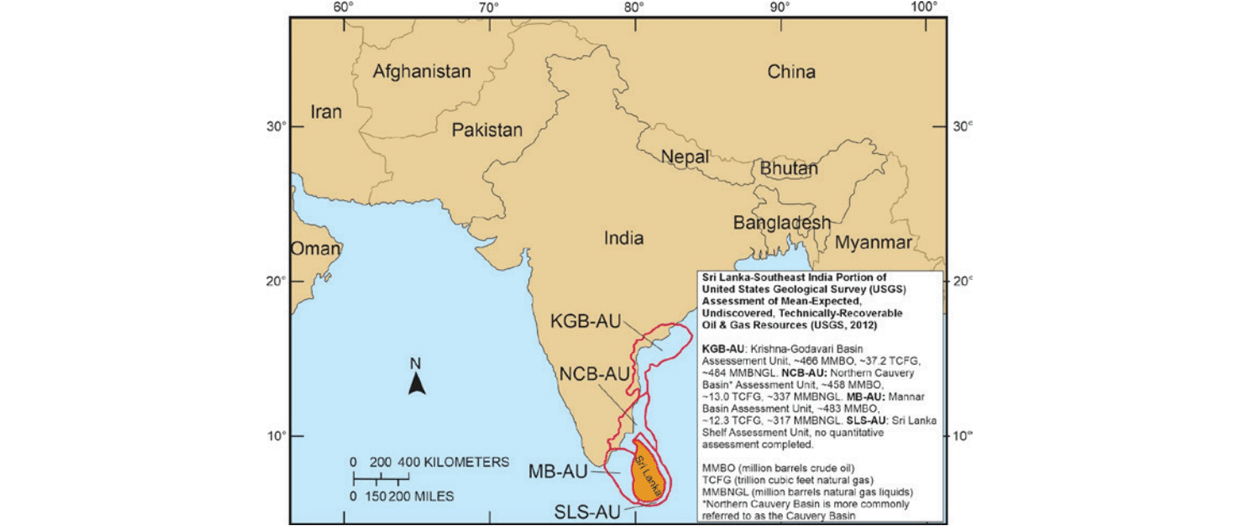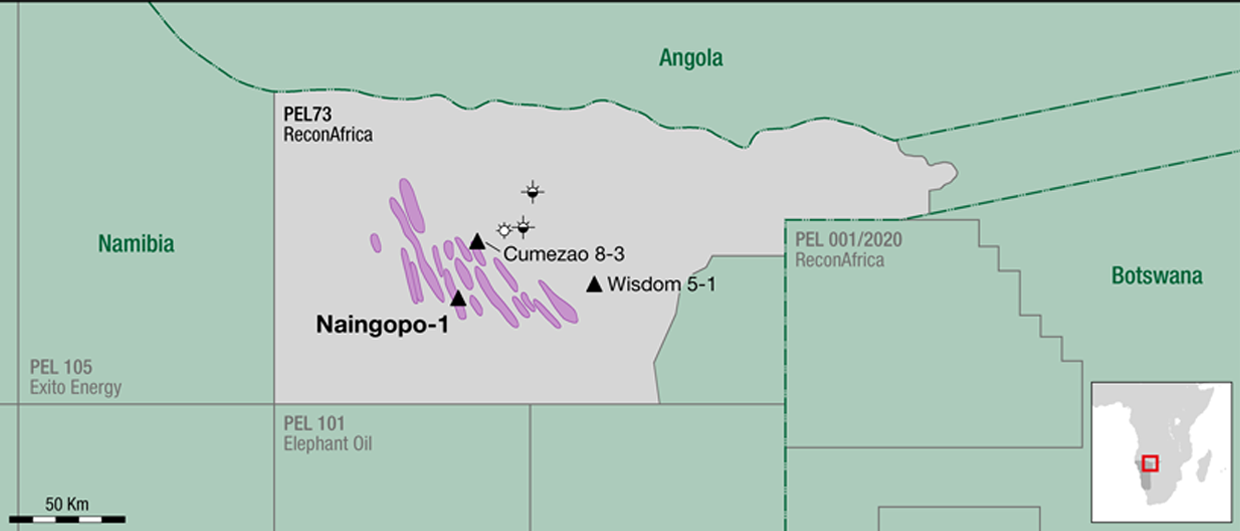At the 2012 Rio Oil and Gas Conference it was revealed that the ANP had commenced a survey of Brazil’s shale and tight gas potential in three prospective basins (Parecis, Parnaiba and Reconcavo), which has pointed to a resource potential of 204 Tcf of gas. However, many analysts have predicted that the country’s true shale gas potential is much bigger, and have called for a more dedicated exploration campaign to assess the resource. Even without the ANP’s suggestions that Brazil may have almost twice as much natural gas onshore as is currently estimated, the industry was positioning itself for a positive response to ANP Round 12, the first-ever auction of shale-gas acreage in the country. The ANP Round 12, the Unconventional Bid Round, will comprise 240 blocks in seven basins and will be held on November 28 and 29, 2013. There are 110 blocks covering 164,477 km2 located in the Acre, Parana, Parecis, Parnaiba, and Sao Francisco Basins, and 130 blocks covering 3,870 km2 in the mature Reconcavo and Sergipe-Alagoas Basins.
The government is keen to determine whether shale gas will really become the game-changer that some analysts predict. To this end it has demonstrated its desire to provide an appropriate fiscal environment for the production of unconventional gas. While there are no guarantees that natural gas prices will ever rise high enough to adequately compensate for the high costs, financial risk, and extended development periods, international players are responding to the challenge with over 40 companies allegedly expressing an interest, perhaps encouraged by the energy minister’s promise of a ‘golden age for gas’.
Challenges Ahead
For all its promise and large resource potential, however, Brazil’s shale sector faces a number of challenges if unconventional exploration and production are to push ahead. The state has so far carried out minimal analysis on the country’s true shale potential. Resources therefore need to be treated with caution, as to date there has been no shale exploration in Brazil and even if the country’s unconventional resource potential were to be proven, there are a number of obstacles to be overcome. The remoteness of basins with shale potential hints at significant additional investment in transportation to bring gas from these regions to the domestic market. Policymakers are yet to crystalize views on issues such as specific regulations to govern unconventional gas exploration and production, the offer of fiscal incentives to reflect the higher costs of developing unconventional hydrocarbons, or more flexibility on local content requirements. All of which could help convert interested companies to committed investors. Another consideration is potentially strong opposition from environmental and indigenous groups in environmentally sensitive areas such as the Amazon River Basin.
None of this is likely to prevent the planned Unconventional Bid Round from proceeding as the ANP considers that geological studies by companies that are awarded blocks to be essential for a better understanding of the country’s shale resource potential.





